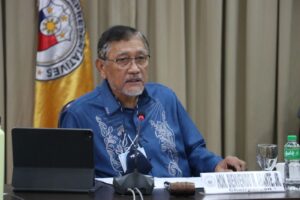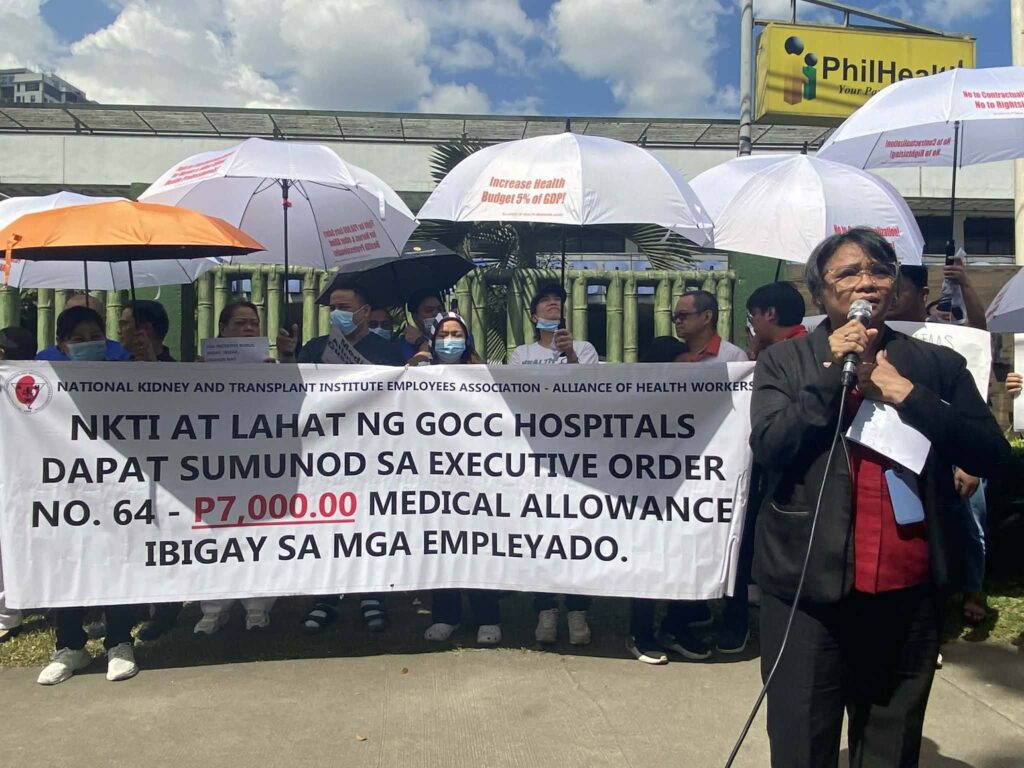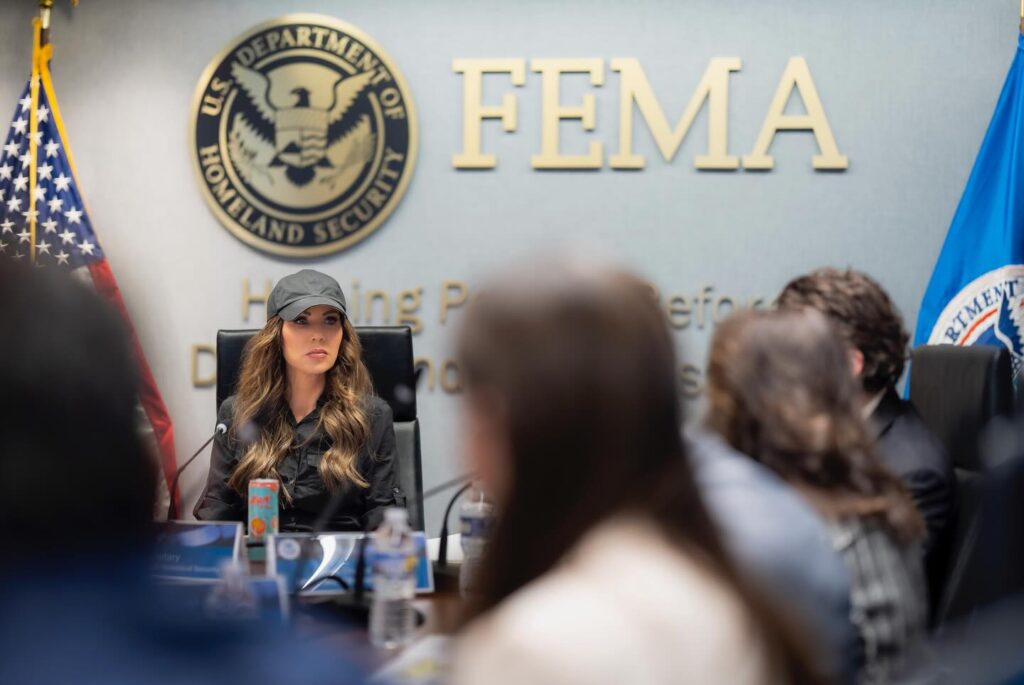Manila 6th District Representative Bienvenido “Benny” Abante Jr. said on Thursday, October 24, that the Duterte administration’s drug war had devastating consequences for many Filipino families, particularly the poor, instead of solving the drug problem.
In a statement, Abante said the campaign disproportionately targeted the impoverished, leaving thousands of children orphaned after their parents were killed on mere suspicion of involvement in illegal drugs.
“The objective of this war on drugs campaign was to end the threat posed by illegal drugs, not to cut short the lives of innocent men, women, and children,” Abante said.
He pointed out that no funds in the annual General Appropriations Act (GAA) passed during the Duterte administration were allocated for the killing of innocent civilians.
“None of the annual General Appropriations Act (GAA) passed during the Duterte administration was allocated for the ‘murder of innocent, poor Filipinos,’” he stressed.
Abante further argued that the bloody campaign failed to address the core of the drug problem. Instead, it exacerbated the situation by leaving families without their primary breadwinners.
“The bloody drug war implemented during the Duterte administration, as explained by one of our colleagues, did not solve the drug problem. In fact, it worsened it, creating more harm than good by orphaning thousands of children who lost their parents,” Abante noted.
According to the lawmaker, the children left behind often fall into a cycle of poverty, lacking access to education and, in many cases, resorting to petty crimes.
Abante also criticized the suppression of media outlets and the targeting of individuals who opposed the drug war, including politicians, judges, and lawyers.
“Media outlets were silenced, and those who opposed the drug war—such as lawyers, judges, and politicians—were implicated in illegal drugs. Their names were unjustifiably included in publicized drug lists, and they were later murdered because of it––with no thorough police investigation following their deaths,” he said.
According to Philippine National Police (PNP) data, over 6,000 suspects were killed during the drug war. However, human rights groups believe the actual number could be as high as 30,000.
The quad-committee, which has been investigating extrajudicial killings (EJKs) under the previous administration, has received multiple testimonies from key witnesses linking police officers to the murders of government officials.
Retired police colonel Royina Garma, reportedly close to former President Duterte, previously disclosed the existence of a “reward system” for killing suspected drug offenders. Garma revealed that the rewards ranged from P20,000 to as much as P1 million.
It was alleged that the funding for these rewards came from illegal gambling operations, Philippine Offshore Gaming Operators (POGOs), and intelligence funds from both the PNP and the Office of the President. (TCSP)




